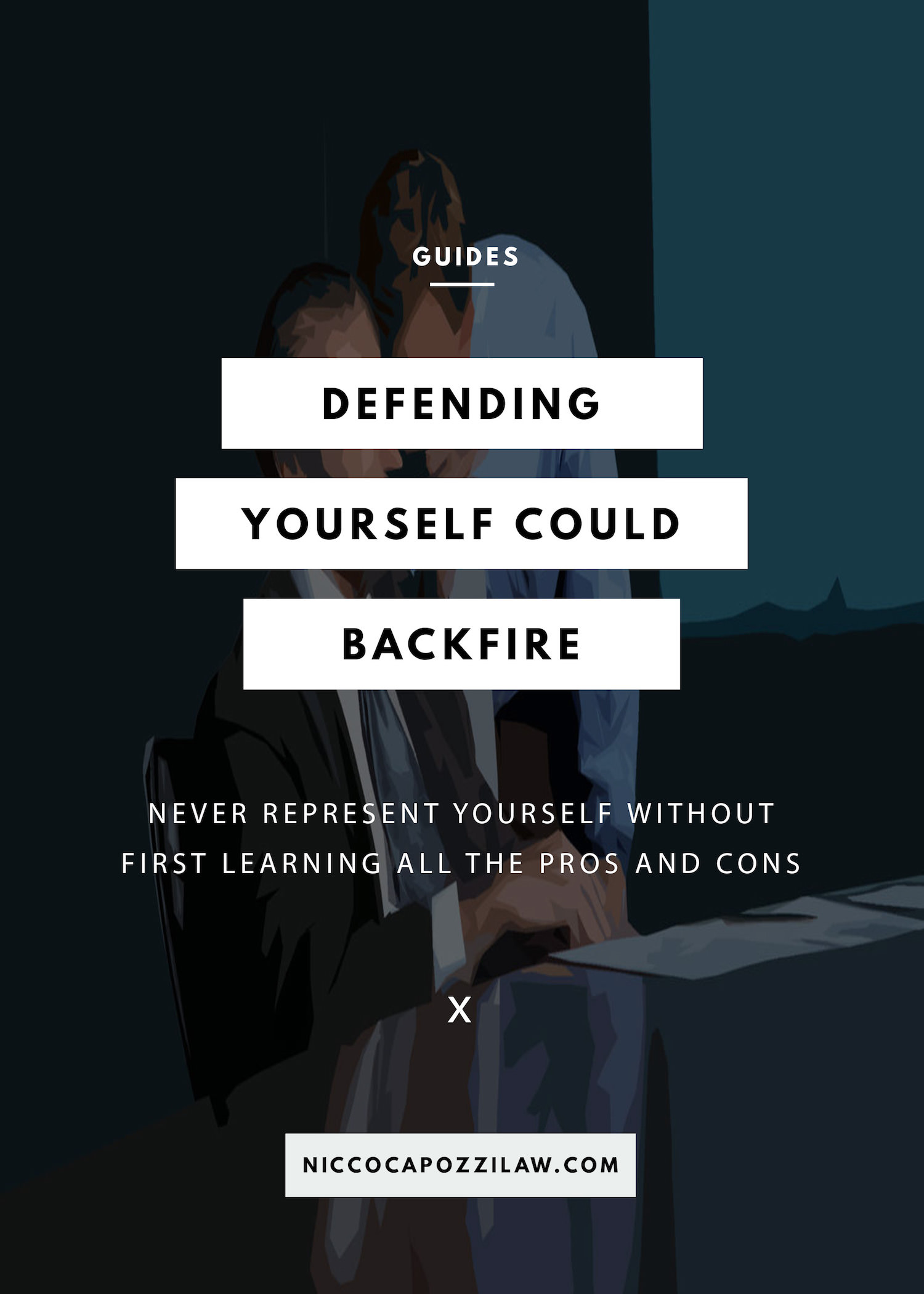Apparently it is acceptable to put an innocent person to death, sometimes. While I accept that some abnormal people would think this ok, I was astonished to learn that a "blogging judge" pontificated his agreement with the idea.
In a recent blog post, the ABA Journal reports that United States District Judge Richard Kopf says that he "accepted the risk of condemning an innocent to die when he became a federal judge in 1992." Judge Kopf then takes the otherwise benign statement further. After asking himself what he would do if he knew a defendant facing the death penalty to be factually innocent he makes this statement: “I do know this: I would move heaven and earth to stop the execution, but I would not play games with the law to do so,” Kopf says.
Play games with the law? By that it is assumed he means he would follow the law to a tee regardless of the consequences (in this case, damning an innocent person to death). The ABA Journal states that Judge Kopf "goes on to elaborate on three situations in which he would probably uphold the death penalty for a petitioner who is factually innocent of murder but has no federal legal remedy available to stop the execution."
- The first: When precedent compels such a result. “For example,” he says, “should the Supreme Court hold that factual innocence is not cognizable as a ‘stand alone,’ federal claim, I would follow that precedent.”
- The second: When he knows the petitioner could resort to a fair and speedy pardon process before the execution.
- The third: When the petitioner “sat on his rights” and contributed to the absence of a legal remedy to address factual innocence.
Judge Kopf provides his three reasons to uphold the death penalty for an innocent person and I have three reasons why his position is utterly wrong.
First, it is obvious Judge Kopf's first reason is predicated on the legal philosophy that like cases should be decided in like manner, that precedent and stare decisis are immovable tenants of American jurisprudence. I agree that in most scenarios like cases should be decided in a like manner; that is, if the Supreme Court says something and a later case is on point, than the later case should follow whatever the Supreme Court said. But there has always existed an exception to this theory of jurisprudence -- that later cases could choose not to follow prior cases if doing so would be contrary to current public policy. Put another way, if the reasons for an old rule (the policy) no longer apply today, then the rule can be said to no longer apply. In the case of Dred Scott the Supreme Court in 1857 held, in sum, that since African American peoples were deemed property in the past then there was no recourse except to think of them as property going forward. Well, that idea was based on the prejudicial belief that white people were superior, an idea that has no legal basis today. So, hypothetically, if the 13th Amendment (outlawing slavery) was never passed, courts today could choose not to follow the case of Dred Scott because the rationale (policy that whites were superior) no longer applies in today's society. Applied to the death penalty hypothetical, a judge could choose not to follow an older Supreme Court case because today we do not accept the policy that it is ok to put to death an innocent person. It is a rare way of arguing a legal possession but a valid one nevertheless.
Second, the pardon process is entirely unpredictable and is more often than not motivated by political reasons and ulterior motives not tied to the morality of putting to death an innocent person. Therefore, for Judge Kopf to rely on this sounds, to me, like a way of sweeping his own conscious under the rug. That is, by passing the buck he could hold to his traditionalist view of the law while at the same time claiming that eventually the death row defendant would get justice. That is quite a gamble, one that I am not comfortable with as viable option.
Third, Judge Kopf boldly rests his stance on the belief that perhaps the defendant was to blame for receiving the death penalty by "sitting on his rights." What Judge Kopf fails to remember is that a criminal defendant never has the legal obligation to do anything at his/her trial. The burden of proof always remains with the government and the accused has the absolute right to remain silent, even if that means to not present a defense. Judge Kopf seems to believe that it is the defendant's obligation to prove himself innocent, to show why he should not get the death penalty. This to me evidences the disconnect Judge Kopf may have with reality.
Of course the only way to ensure a factually innocent person never receives the death penalty is to outlaw the death penalty. Otherwise, there will always be the chance of putting to death someone who did not commit the crime. Since the death penalty is here to stay (for now) we must all ask ourselves what is the acceptable rate of innocent persons being put to death because everyone knows our system is not perfect and the unthinkable will happen.






